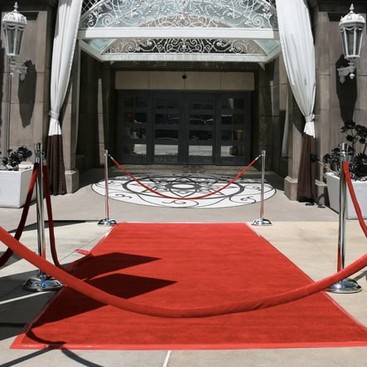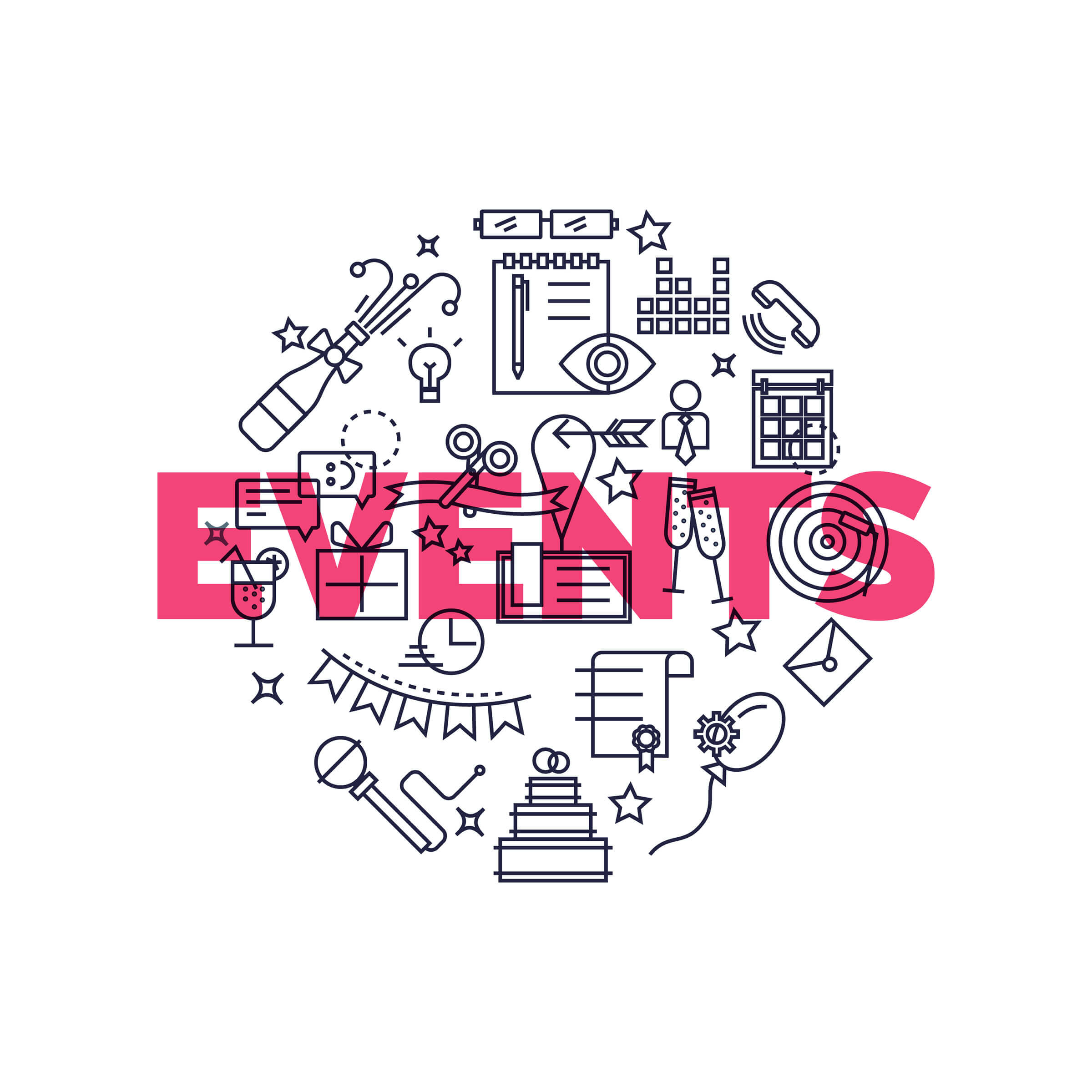BLOGS Event planning during COVID-19: Remember 4 keys to success

By Anita Feiner
Source: roi-nj
Pivot! A few weeks ago, the only thing the word “pivot” evoked in my mind was a scene from the “Friends” episode where Ross, Chandler and Rachel were moving a couch up a too-tight stairwell.
Today, under cloud of the coronavirus, the term takes on a whole new meaning. In business, as well as our personal lives, we all find ourselves in a series of pivots to a new normal. But, just as Ross learned that his well-laid-out plan wasn’t working as well as he thought it should, so, too, are our business plans and, particularly, our plans for events.
One thing that binds all event planners together is that we are organizers. I don’t know any event planner who doesn’t live by the five P’s — “Proper Planning Prevents Poor Performance.” Maybe that is why we are so stymied right now. We are simultaneously planning for every scenario. Maybe we should add that other “P”: pivot.
That’s what many of us who had spring events on the calendar found ourselves doing. It was March 12 when I needed to pivot on an April 4 gala I managed. There was a contract with the venue, invitations were mailed and sponsorships were received. While I couldn’t go forward with an in-person event, I could and did negotiate a credit for 2021 with the venue, I called each contributor to explain the situation and request that they allow my agency to retain the contribution and I went online with a portion of the event.
Planners of summer events are faced with the decision to cancel, reschedule for later in the year … or, many of those with in-person galas, award banquets, marathons and other events will attempt to find ways to maintain the spirit of the event by conducting virtual events via Zoom or other platforms.
In our current environment, planners of fall and winter events may choose to move forward with scheduling, under the assumption that restrictions will be lifted. In the spring, we didn’t have a choice about moving forward once “stay at home” orders went into effect. One thing is certain: These planners will have to get creative to adapt portions of their event to attendance limits, social distancing requirements and whatever other guidelines that may be a part of our future for quite some time to come.
Regardless of the path event planners ultimately take under the veil of COVID-19, be sure to incorporate these four steps in the process:
- Develop a plan
Set a timetable of action items to achieve by certain deadlines. Assuming you already have contracts in place, pay close attention to when deposits are due and be hypervigilant of changes in the COVID-19 landscape as they relate to those due dates. If you haven’t entered into contracts yet, consult legal counsel about language to include to protect your organization in case of cancellation. In these changing times, it would be wise to prepare for Plan B and possibly Plan C, as well.
- Overcommunicate
Communicate with attendees, prospects, sponsors, stakeholders and community. We are a generation accustomed to the 24-hour news cycle where transparency is expected. Utilize social media, email and even snail mail if that is your traditional means of communication to spread the word about how you are moving forward with your event. While news releases may not be advisable at this time, there are self-publish sites available that are growing in popularity, which may be useful for these efforts.
- Define health and safety measures
Regardless of how many events you have planned before, your next one is certain to be different. The health and safety of your guests, staff, constituency and the greater community depend upon getting this right. Events that never utilized preregistration may need to require it to minimize crowds at registration kiosks. The room that comfortably holds 500 at tables of 10 may not be adequate for tables of six, and what about buffets? Will there ever be buffets again?
- Demonstrate the importance of your objective
There are reasons why events are held. If you decide to move forward with yours, remind and demonstrate to your constituency why they are there. If you decide to go in another direction, demonstrate why not holding the event is of benefit.
Whatever road you take, it is imperative to move forward with great flexibility. Another often-heard word these days is “fluid.” Let’s face it, none of us can truly predict future stay-at-home guidelines, social distancing pronouncements or the direction of the curve in the coming months. Add to that the even more unpredictable confidence of prospective attendees to venture out and join large groups even when the all-clear is given. Fluidity in planning will be crucial to achieving the goals of any event, because, in the end, the goal is the final destination and the event is only the vehicle by which to reach that destination.













